Staying Safe in a Stadium, Concert, or Festival
If you're like us, you've attended a sporting event, concert or festival. While these events can be a blast, it's important to prioritize your safety and do a little emergency planning ahead of time.
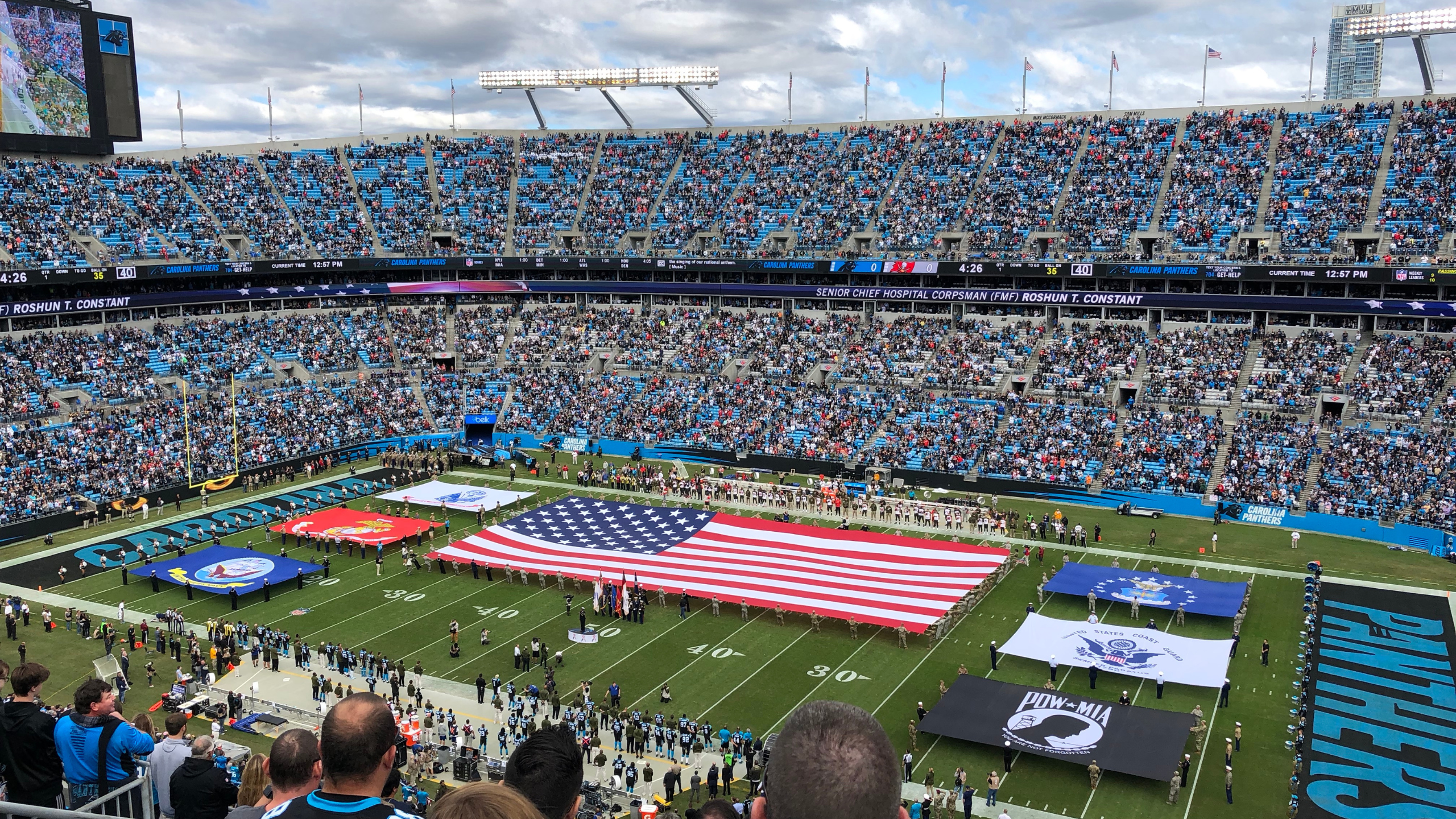
From staying hydrated to being aware of your surroundings, there are steps you can take to ensure that you have a memorable experience, in a good way.
Morris, one of our Ambassadors, shares some great advice for staying safe when you're at one of these large events in one of his Mojo Minutes:
Here are a few other tips to keep in mind before you head to your next music festival or football game:
- Have a Contingency Plan
- Plan Your Exit Routes and Be Aware
- Watch Your Drink
- Know What to Do in a Tight Crowd
- Consider Personal Protection Equipment
Have a Contingency Plan
Chances are if you are attending a concert or festival, you’re there with your friends, family, or significant other. Staying together is key when attending a concert or festival.
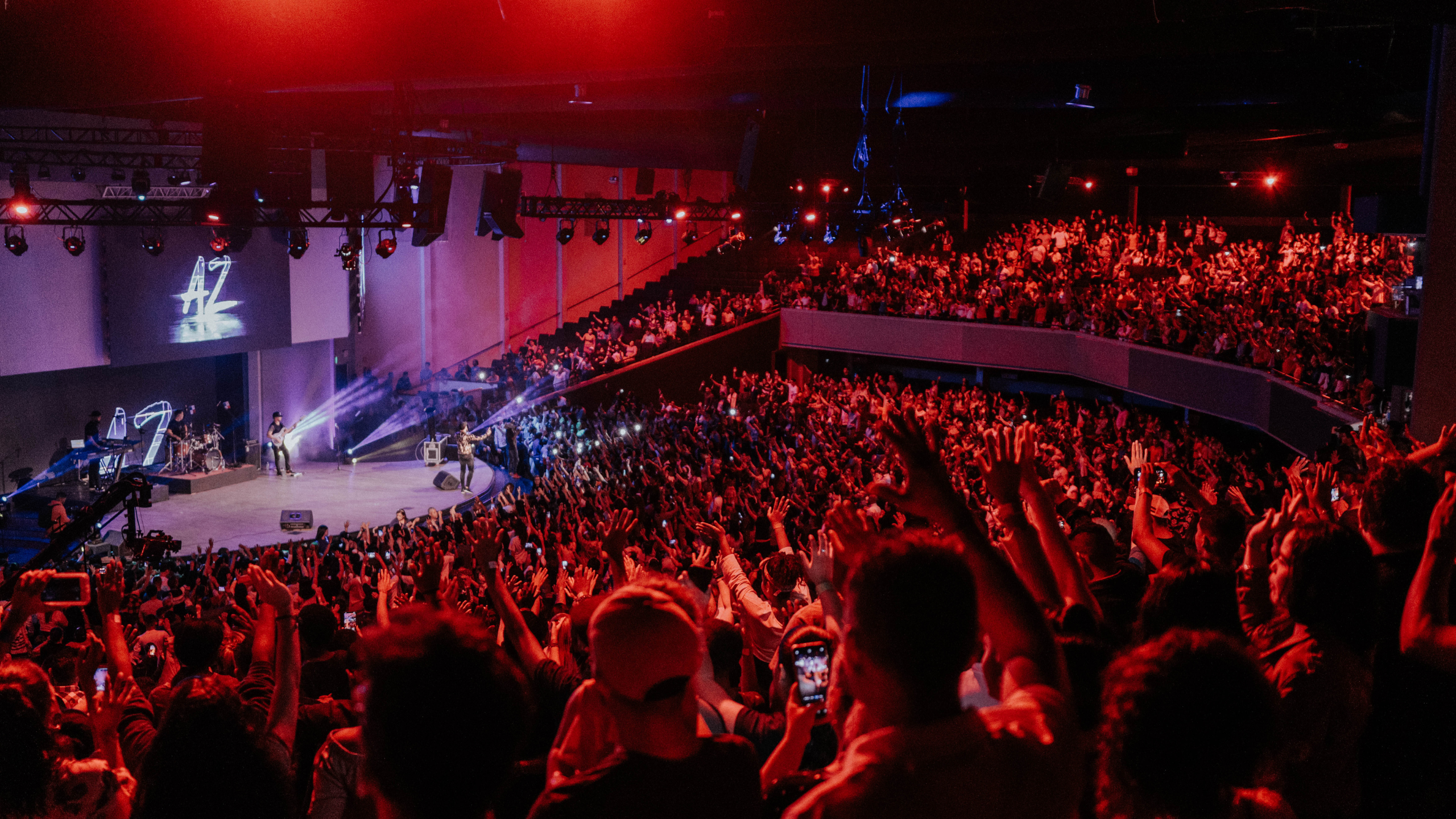
It’s also easy to get separated, particularly if there are a lot of people. If this happens, it's important to have a plan in place in advance so that you can find each other as soon as possible.
- Make sure everyone has each other's cell phone numbers.
- Agree on a meeting spot ahead of time so you know where to go if you get lost.
- Stay calm and don't panic. This will make it easier to think clearly and find your way back to each other.
- If there is an announcement system in place at the event, listen for announcements about lost persons and follow any instructions given.
- Don't be afraid to ask for help from security personnel or event staff.
- Make sure your cell phone is fully charged before leaving the house. But don’t rely solely on your cell phone to help you find your group. We all know that cell phone service can be spotty at large events.
- If you’re attending an event with children, make sure they know exactly what to do if they get separated from you. It is also important to ensure they know who can safely help them. Teach them about “stranger danger.”
It is also important to have a plan in the event of an emergency situation. Decide what you will do in the event something goes wrong, where you will evacuate, and where you will meet up outside of the event venue. And with that said…
Plan Your Exit Routes and Be Aware
The first thing you should do when you arrive at a concert or festival is take a moment to look around and familiarize yourself with your surroundings. This is part of practicing good situational awareness, which is the single most important thing you can do to keep yourself safe.
- Find the nearest exits and make a note of where they are located.
- If you can’t quickly and safely find an exit, have a plan of where you can go until help arrives.
- Pay attention to your surroundings. If you see someone or something that feels out of place or makes you uncomfortable, report it to the nearest security official. Never try to handle the situation yourself.
- If an emergency does occur, follow the instructions of security personnel, and evacuate the area quickly and calmly. Do not panic!
Think Strategically About Where You Stand
If you're going to be spending a lot of time at a concert or festival, it's important to think strategically about where you'll be spending most of that time. Always look for a place that you can easily escape from if needed.
- Choose a spot near an aisle or walkway, giving you space to maneuver, or better yet, near one of the exits.
- Avoid areas where there are large crowds if possible.
- Always keep an eye on your belongings and don’t get distracted. Pickpockets are notorious at concerts and festivals.
- Do not back yourself into a corner that limits your ability to exit the area quickly.
Watch Your Drink
This goes for everyone, but particularly women. Did you know that date rape accounts for nearly 80% of all sexual assaults on women? And most of these assaults are the result of alcohol or “date rape drug” consumption.
GHB and Ketamine are the most common “date rape drugs.” Both are colorless and tasteless and are easy to slip into someone’s drink without them knowing.
- Never leave your drink unattended.
- Always keep your drink in sight and hold it close to your body, preferably near your upper torso.
- Always keep your hand over the top of your open drink between sips to prevent someone from slipping something in without you knowing. Michelle, Premier Body Armor's graphic designer, says she likes to slip a napkin over her straw to cover her drink in a busy restaurant or bar.
- Never accept an open drink from someone – even if you think you know them. If someone offers to buy you a drink, accompany them to the bar and watch the bartender open the bottle or mix your drink.
- Avoid sharing drinks or drinking out of punch bowls.
- Avoid drinking too much alcohol. Know your limits!
- Look out for each other. If you see something, say something!
If you start to feel weird or sick, seek help immediately. Some of the most common symptoms of “date-rape” drugs include:
- Dizziness, lightheadedness, muscle weakness
- Blurred vision
- Loss of sense of time
Know What to Do in a Tight Crowd
When you're in a tight crowd at a concert or festival, it's important to be aware of your surroundings.
- Move to the edge of the crowd if you start to feel claustrophobic or uncomfortable.
- Be aware of your personal space and don’t let anyone crowd it.
- Pay attention to the atmosphere. At concerts, scan the audience every other song to see if anything has changed, like crowds gathering.
- If you see someone having trouble, help pull them out.
In addition to the above tips, it is important to know what to do when things get out of hand. Large crowds increase the chances of this. If things do start going in the wrong direction, make sure to stay calm.
Keep your arms in front of you to create space and always protect your head and torso. This is one reason why it is so important to know where your exit points are.
Consider Personal Protection Equipment
When you’re out having fun, no one wants to think about the “what ifs”. However, it’s important. There is a general misconception that personal protection equipment, such as bulletproof vests, are for law enforcement and first responders only. That’s not the case anymore.
With technological advancements, there are a lot of options available to the everyday person, both men and women. Bulletproof vests have slimmed down and there are a variety of bulletproof inserts to fit most backpacks and bags these days.
Going to a concert or festival can be an exciting and memorable experience, but it is still important to ensure that you have taken the necessary precautions to stay safe. With these tips in mind, you'll be able to enjoy yourself while feeling secure in the knowledge that you are taking all the right steps towards staying safe.
Check out our complete safety guide to learn more tips for other everyday locations!
Written by Emily Johnson

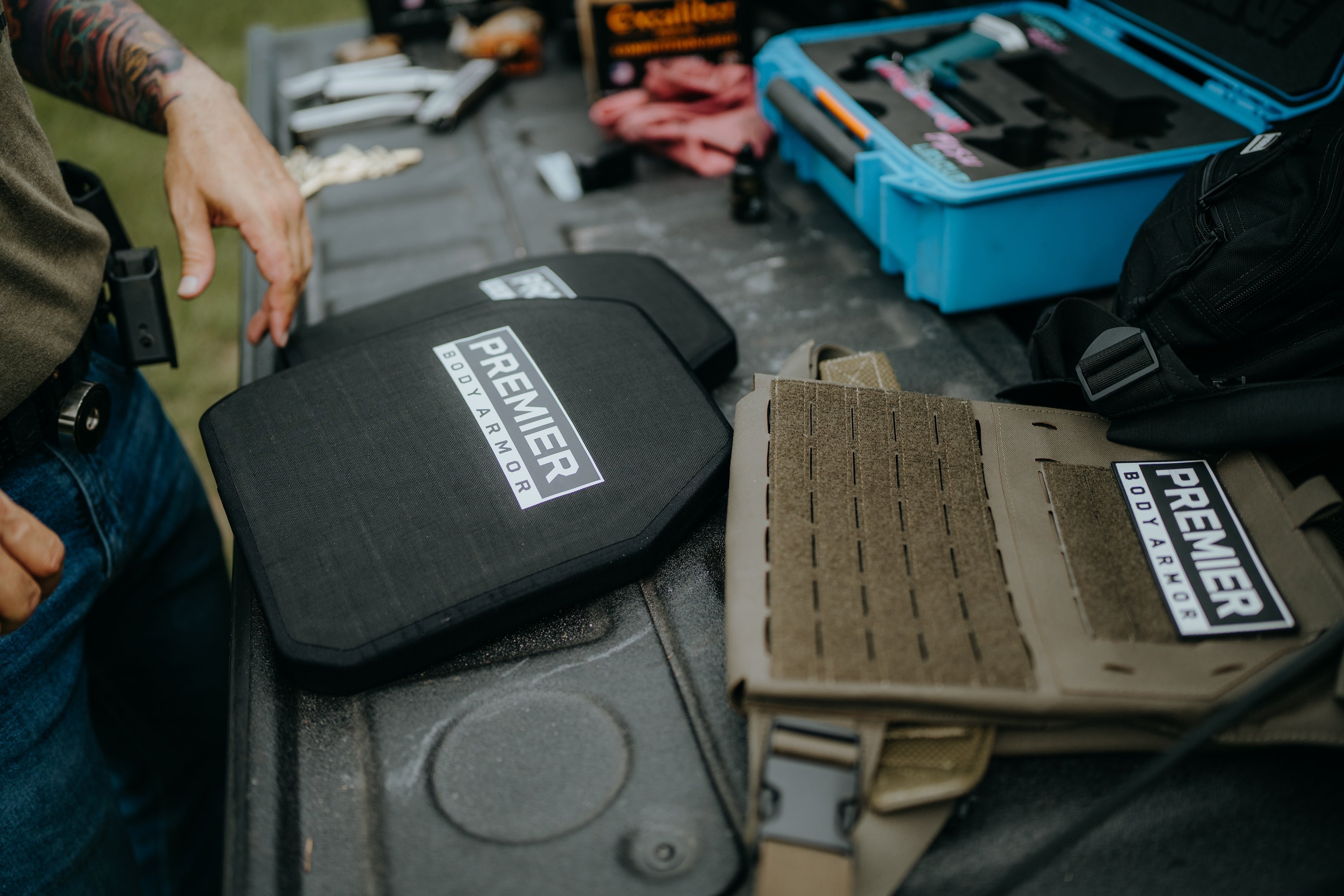
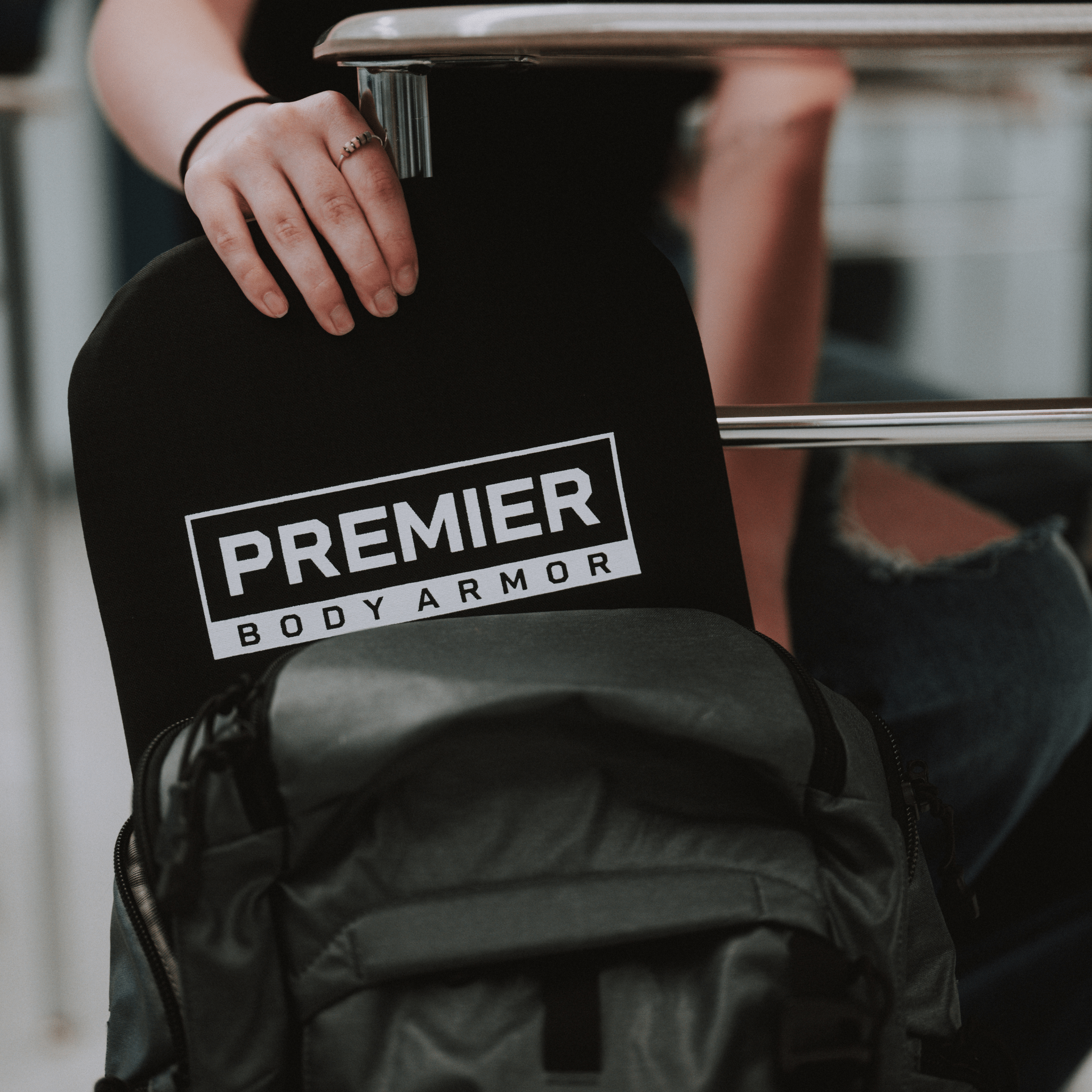
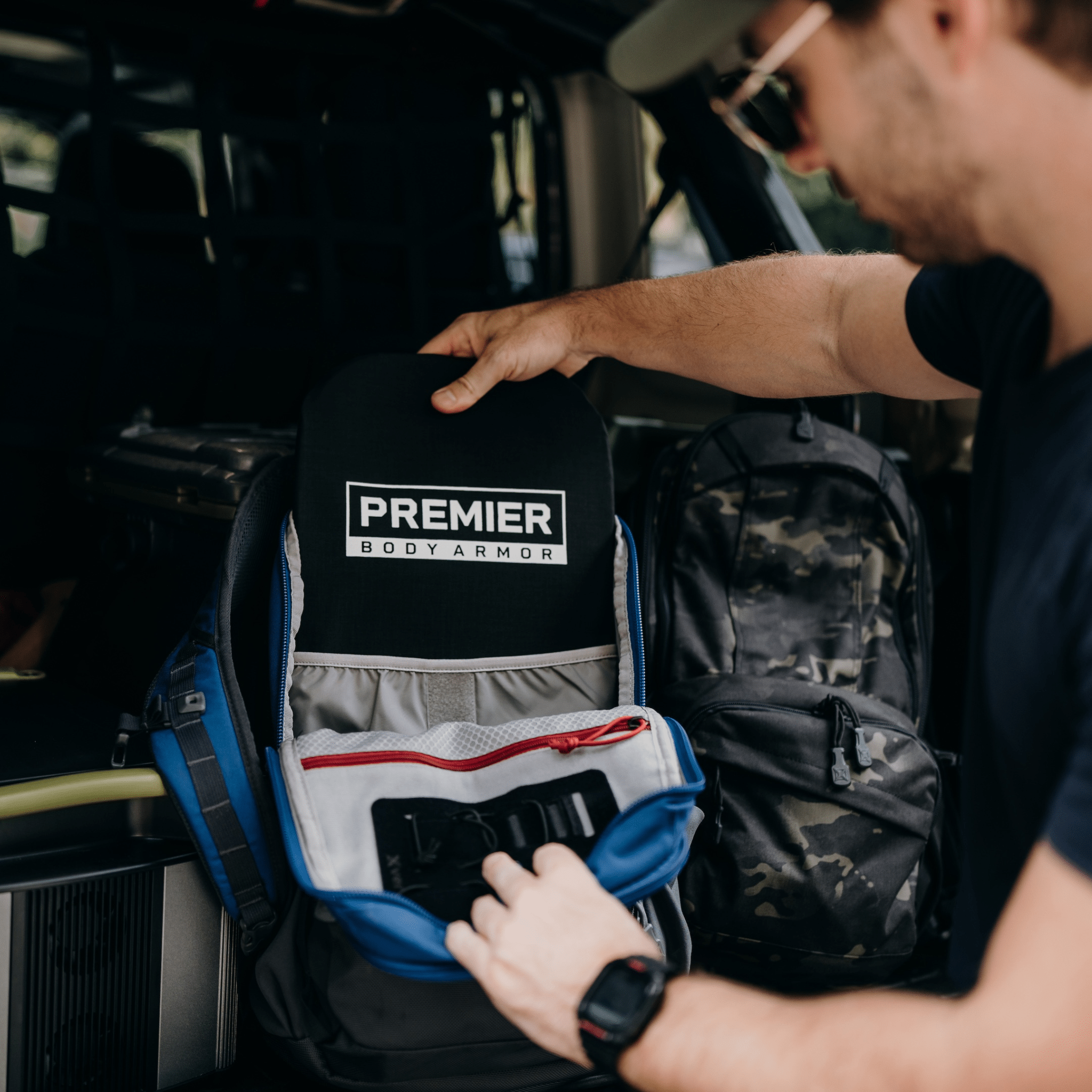
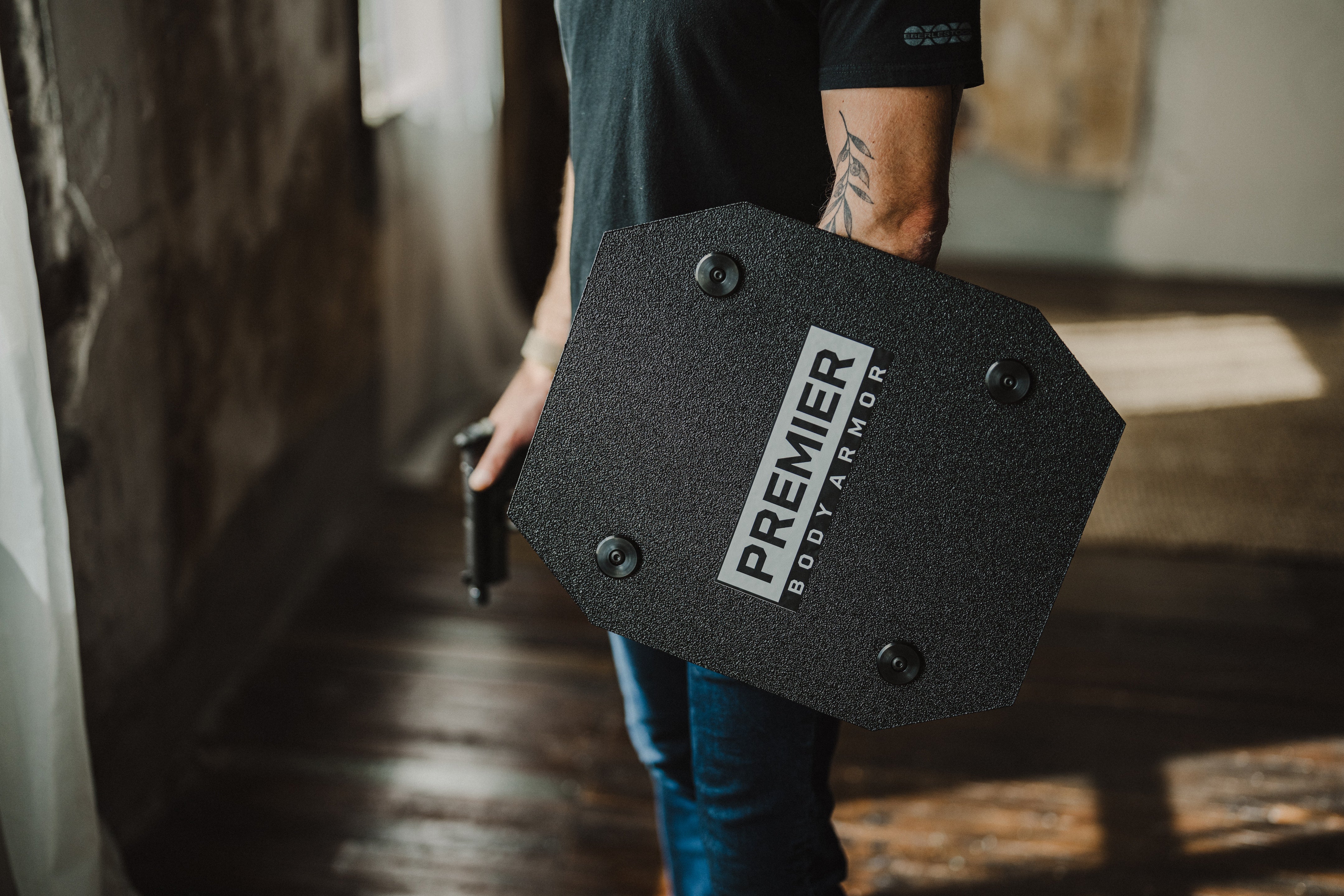





Leave a comment